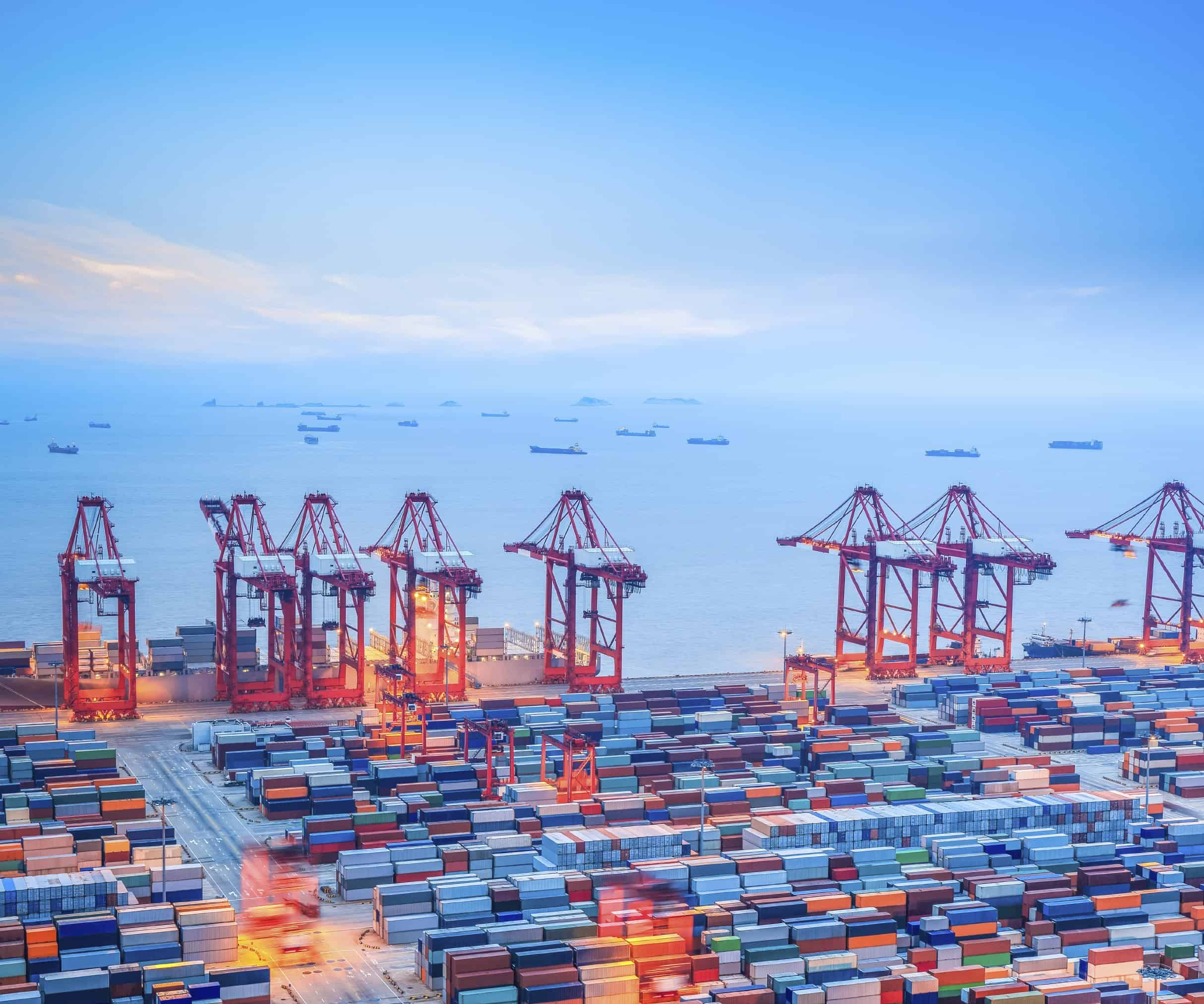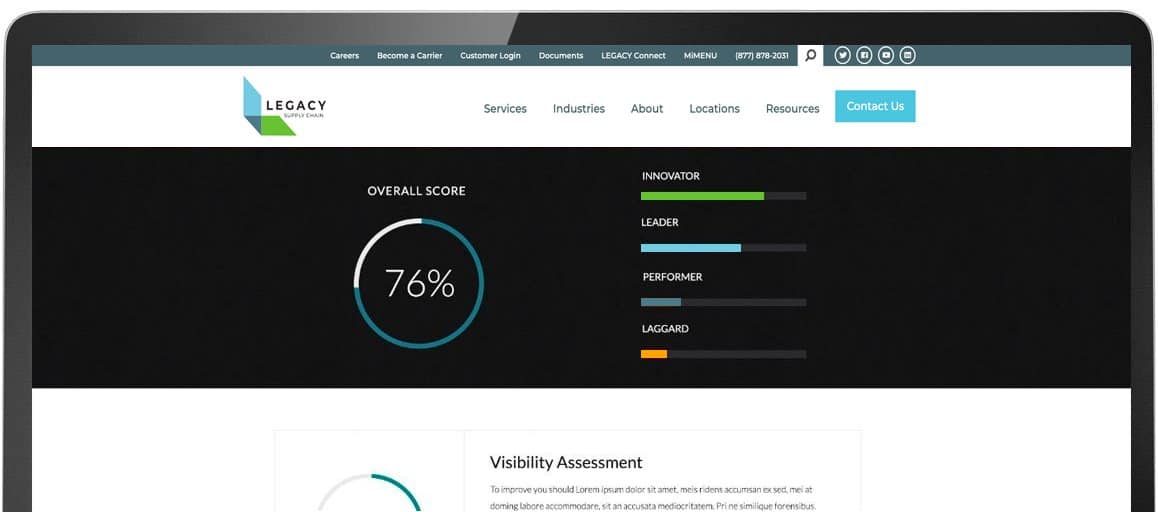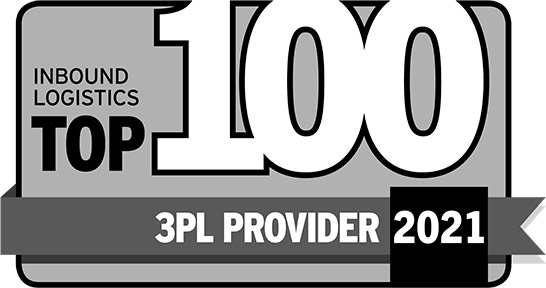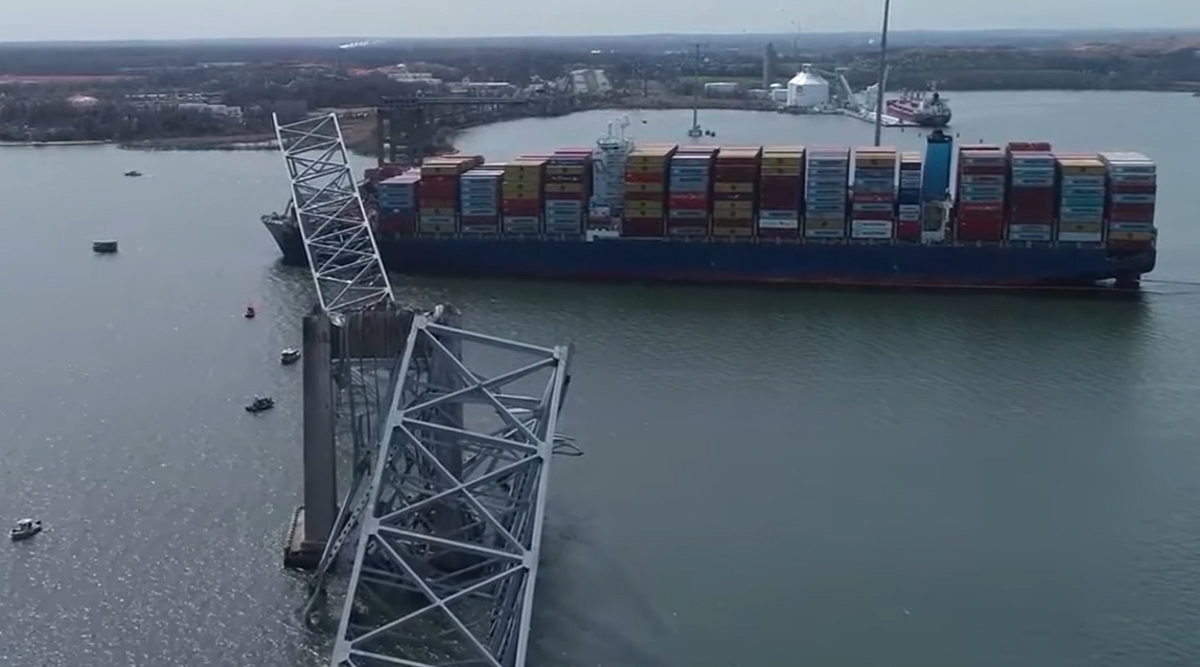5 Benefits of Using a Foreign Trade Zone (FTZ)

A Foreign-Trade Zone (FTZ) is a zone authorized as exempt from many regular US Customs rules and regulations. There are many benefits that importers can take advantage of to improve cash flow, increase global logistics efficiency, reduce redundant or unnecessary logistics costs, and retain flexibility.
Foreign-Trade Zones allow companies to bring items onto US soil without paying the duty tax, allowing them to store these goods free of tariff charges, or use parts to manufacture a finished product that can then be exported without the US import/export surcharges.
In addition, goods that do not meet certain regulatory specifications can be imported to an FTZ, where they are reworked and repackaged to meet requirements for US imports.
1. Duty Deferral and Elimination
FTZs are designated as outside of Customs requirements and laws, meaning that goods coming into these zones do not incur duties until they exit the zone. The timeframe between import and export allows a company to put off, or even eliminate, duties expenses while re-assembly, or manufacturing activities take place to prepare products for entry into the US market, or for re-exportation.
2. Inverted Tariff Relief
Foreign-Trade Zones empower companies to keep more of their manufacturing on US soil without the effective penalty of Inverted Tariffs. “Inverted Tariffs” refers to the effective penalty that US manufacturers are subject to when importing parts for manufacturing of products in the US, specifically when these products will be exported and sold overseas. Oftentimes, the parts individually are fined at a higher rate than the completed product, making it more cost-effective to manufacture overseas.
3. Ad Valorem Tax Relief
Ad Valorem Tax (or inventory tax) is a fee charged on existing inventory. Warehousing items in an FTZ allows inventory to remain untaxed until such time that it becomes necessary to transport it onto US soil. This can reap significant savings to landed costs.
4. Damaged or Non-Conforming Items
An FTZ can be utilized to inspect, repair, repack, or remove damaged & defective products before withdrawing to US commerce. Damaged & defective items can be destroyed within the zone and therefore not be subject to import duties and taxes. Note that these processes inside of an FTZ are considered manipulation and must be preapproved by US Customs & Border Protection.
5. Exportation Requirements
When finished goods or component parts are imported into the US for eventual exportation, a foreign trade zone allows for the duties on those imports to be eliminated. Using a foreign trade zone as an export distribution center can provide big benefits to support selling goods into international markets.
A foreign trade zone can be a good strategy for companies engaging international commerce. LEGACY is the administrator of FTZ #126 in Nevada, is a licensed US Customs Broker, and can help provide FTZ feasibility analysis and support. This expertise helps mitigate supply chain risk for our clients. To learn more about our FTZ support capabilities, visit our Foreign Trade Zone page, or contact us to speak directly with an expert.
Get Insights. Stay Ahead.
Get the latest news and insights via email on warehouse improvement, transportation optimization, labor strikes and international shipping rate changes.Popular Posts
Search Posts
-
2024 Q1 Freight Landscape: Trends, Challenges, and Predictions
As the first quarter of 2024 comes to an end, here are some observations over the past few months as well as predictions about the trucking...
+ Read more -
Baltimore Bridge Impact Assessment – Update
Following the recent Baltimore Bridge collapse and subsequent port closures, we want to keep our customers informed about the situation and...
+ Read more -
Global Momentum Builds for Charge on Global Shipping Sector’s CO2 Emissions
A growing coalition of 47 countries, including key players like the European Union, Canada, Japan, and various Pacific Island nations, is...
+ Read more










